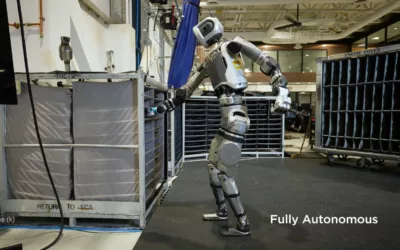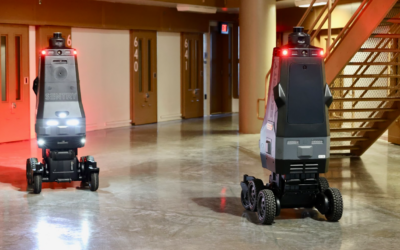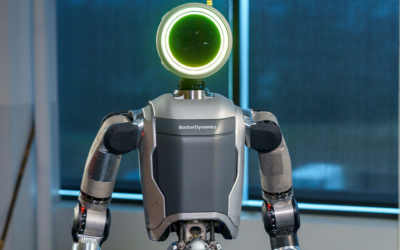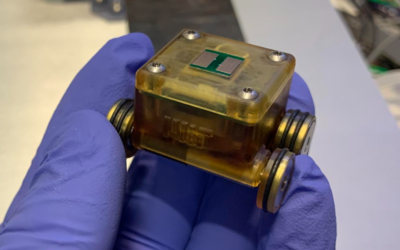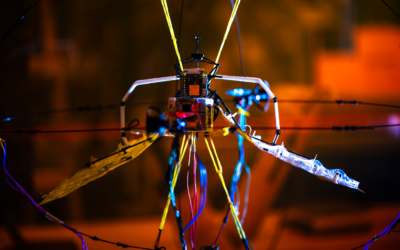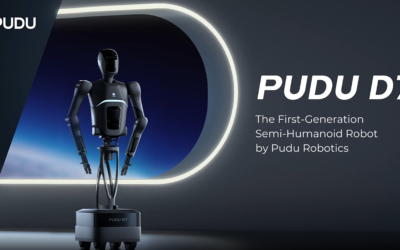In a recent development at Oregon State University (OSU), a bomb threat has prompted an alert urging students to exercise caution when it comes to robots employed for food deliveries. On Tuesday afternoon, OSU issued a warning to the Corvallis campus community in Oregon, advising them to steer clear of Starship food delivery robots and to refrain from opening them “until further notice.” The bomb threat, which is believed to be related to these robots, originated from a student’s social media post, as disclosed by a spokesperson from Starship Industrials.
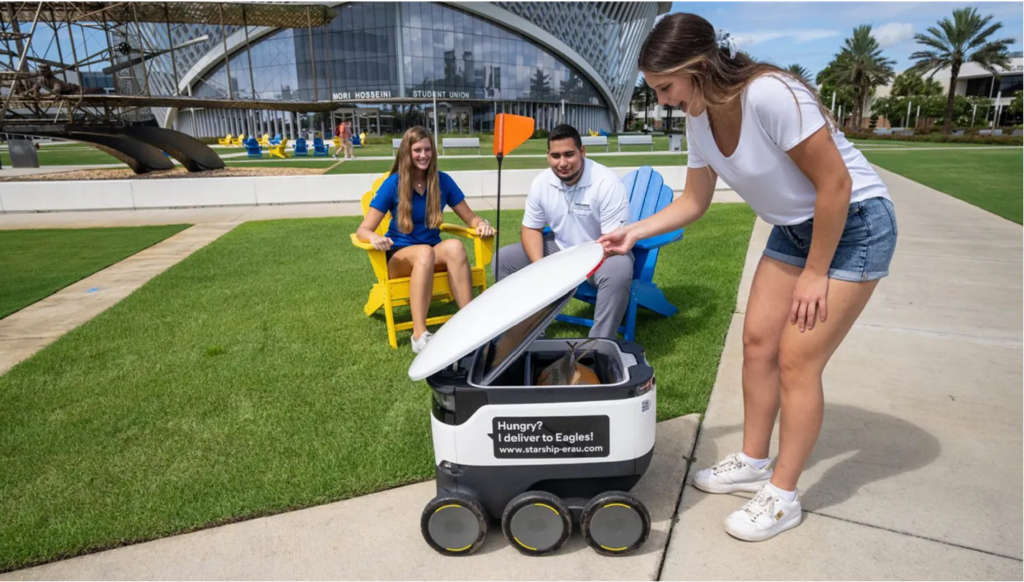
The situation began when a student posted a bomb threat in connection to Starship’s robots, later asserting that it was intended as a prank. Nevertheless, in response to the incident, Starship decided to suspend its campus service, emphasizing its commitment to safety and cooperation with both law enforcement and the university in the ongoing investigation.
The OSU Public Safety division swiftly took action in response to the threat, with safety officials remotely isolating the robots to a secure location, while the Department of Public Safety continued its investigation. All students and residents were urged to remain vigilant for any signs of suspicious activity.
According to information available on OSU’s website, Starship’s food delivery robots are not limited to serving residence halls; they can deliver to any location on campus. The process involves students placing their orders online and selecting “robot delivery.” The arrival of the robot triggers a notification through Starship’s app to alert the student.
At 5 p.m. on Tuesday evening, OSU reported that the emergency had been resolved. While specific details regarding the bomb threat were not disclosed, OSU confirmed that the robots were undergoing inspection in a secure location.
Subsequently, at 6 p.m., Starship announced through an official statement that the robots were expected to resume service later in the evening. This incident serves as a reminder of the importance of maintaining safety and security measures, even in the context of technological advancements like robotic food delivery services.



